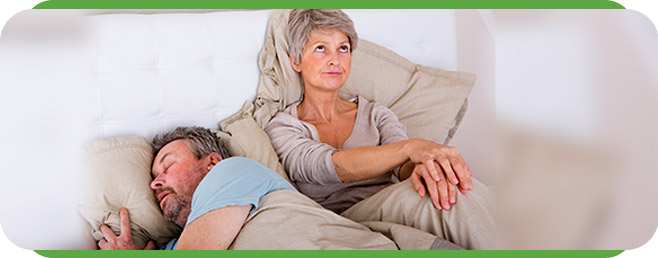As Seen on TV Snore Guard vs. Oral Appliance Therapy
When comparing the As Seen on TV Snore Guard to Oral Appliance Therapy, it’s important to understand the key differences. While the Snore Guard is a more generic, over-the-counter option, Oral Appliance Therapy is a personalized, professional treatment that is custom-fitted to address the specific needs of the individual, providing more effective results for managing sleep apnea and snoring. Please contact us today or visit us online to book an appointment. We have convenient locations across the U.S. in Bloomington IL, Peoria/Dunlap IL, El Paso TX and Wausau WI.


Table of Contents:
As Seen on TV Snore Guards
Danger of Using Snore Guards Masking a Bigger Problem
Oral Appliance Therapy Done by a Dentist
You are probably familiar with the snore guards advertised on TV to decrease or stop snoring. You may be wondering what the difference is between these snore guards and the oral appliances provided by a dentist.
Snore guards are made from a pliable plastic that you boil and bite into. The benefit to these anti-snoring devices is that they are inexpensive to try and sometimes work. Unfortunately there are a number of problems with these devices. When you boil and bite into the guard you only have one chance to find the correct position for your jaw. Bringing the jaw too far forward too quickly can cause jaw pain or worse a condition called temporomandibular joint disorder, which can result in facial pain, jaw popping, headaches, neck pain and more. Most guards allow a few adjustments but may not be enough to prevent jaw problems. Made from inexpensive materials these guards often break down quickly and need to be replaced after only a few months.
One of the biggest problems with using a snore guard is that you may be masking a much more serious condition called Obstructive Sleep Apnea (OSA). Although snore guards are FDA cleared to treat snoring they are not approved to treat sleep apnea. Snoring is one of the leading signs of this condition. Over 18 million Americans suffer from sleep apnea, and 90% go undiagnosed. If you haven’t had a sleep study done, you don’t know if you have sleep apnea or how severe it is. You may have a false sense of security that you are being treated when you may still be living with a serious medical condition.
Snoring causes a partial blockage of the airway during sleep. An apnea occurs when there is a complete blockage of the airway. Apnea literally means “cessation of breath.” If you have sleep apnea, your breath can become very shallow or you may even stop breathing while you are asleep. This state of not breathing can occur up to hundreds of times a night in some people causing serious health problems such as chronic fatigue, headaches, depression, high blood pressure, and even stroke or heart attack. At worst, untreated sleep apnea may result in death.
Oral Appliance Therapy (OAT) has proven to be a very viable and scientifically based treatment option for obstructive sleep apnea. The American Academy of Sleep Medicine issued a statement in the 2006 issue of SLEEP that Oral Appliance Therapy was approved as a first line of treatment for those suffering from mild to moderate Obstructive Sleep Apnea, and OAT is proving to be effective in severe cases for patients with CPAP intolerance.
Only a dentist familiar with the temporomandibular joint, dental occlusion, and trained in the treatment of obstructive sleep apnea with oral appliance therapy is qualified to fit an oral appliance. The dentist will do a thorough health history and sleep apnea screening. If the patient shows the markers for OSA, the patient will need to obtain a sleep study. Depending on the patient’s health history, the dentist will either offer an at-home sleep test (HST) or an overnight-attended test called polysomnography (PSG). These tests are read by a board certified Sleep Physician who will determine a diagnosis. It is important to know if the patient is considered mild, moderate or severe in order to be able to recommend the proper treatment therapy.
If the patient is then a candidate for OAT, the Dentist will take a custom impression and bite in order to have an FDA approved lab fabricate the oral appliance. The oral appliance is made from a durable acrylic material. The appliances finely adjust to minimize any jaw pain and to ensure that maximum effectiveness is reached. Most medical insurances will replace the appliance within 2 years or when it becomes medically necessary. Please contact us today or visit us online to book an appointment. We have convenient locations across the U.S. in Bloomington IL, Peoria/Dunlap IL, El Paso TX and Wausau WI.

Additional Services You May Need
▸ KoalaKIDZzz®
▸ Sleep Apnea
▸ Snoring
▸ TMJ Disorder
▸ Fatigue
▸ Sleep Disorders
▸ Weight Loss
▸ CPAP Alternative
▸ Oral Appliances




